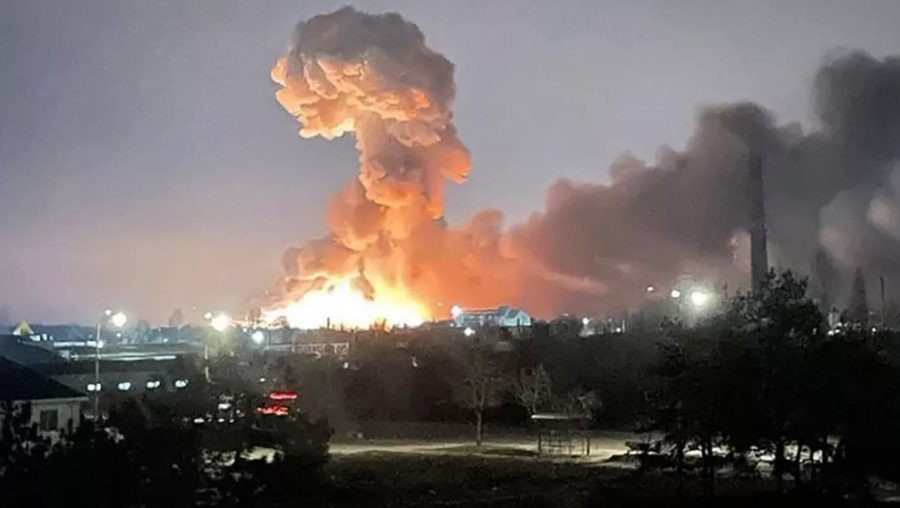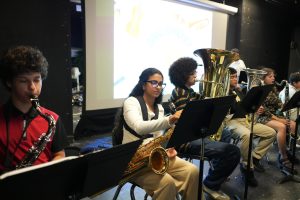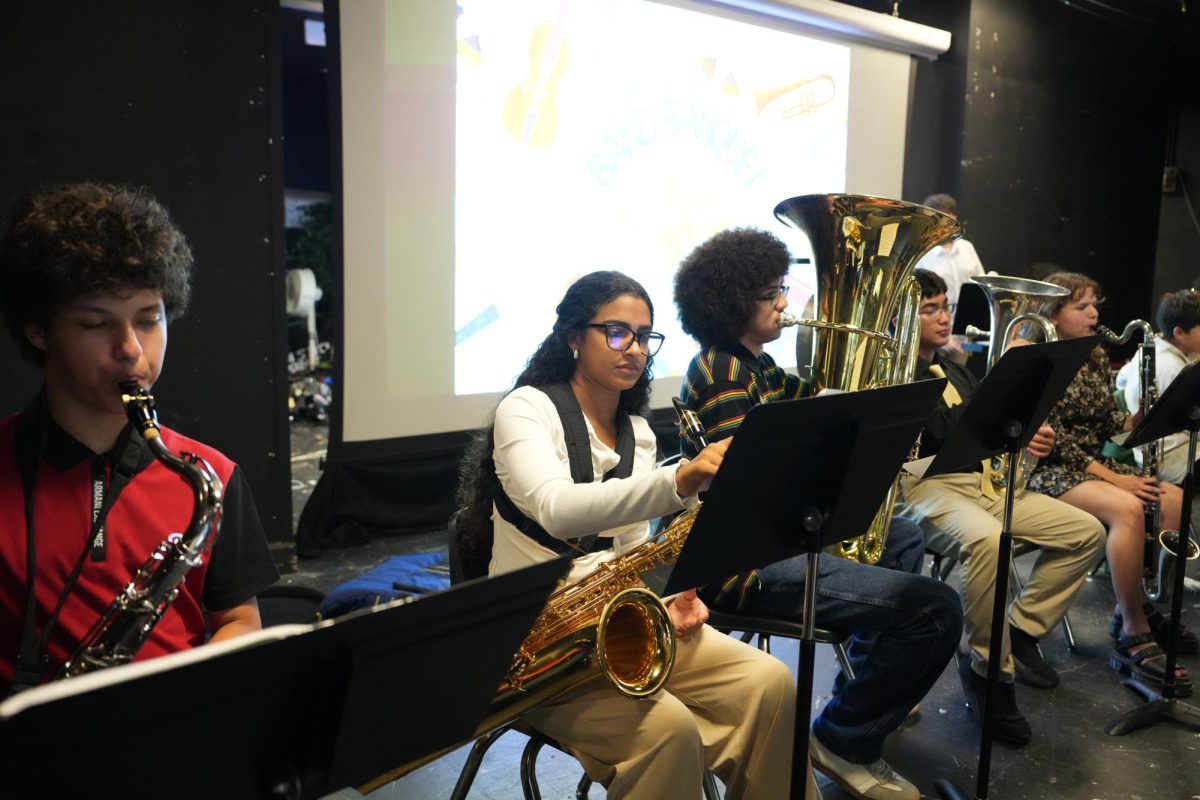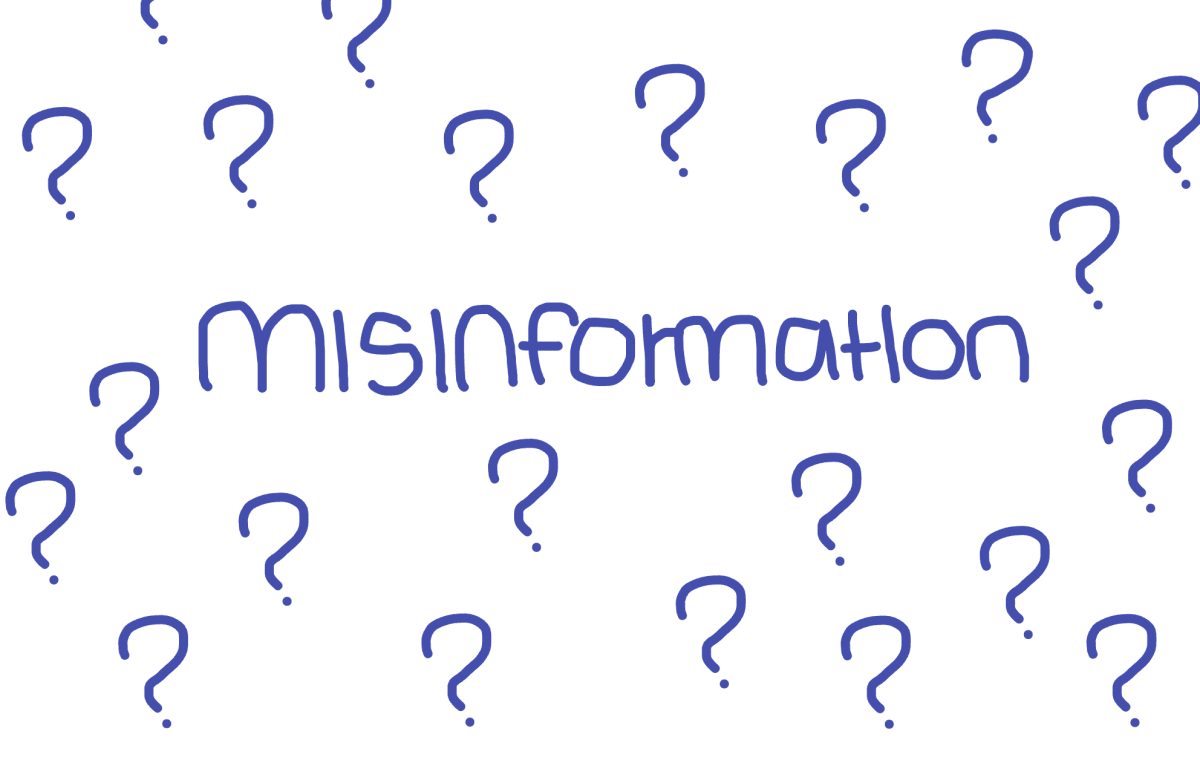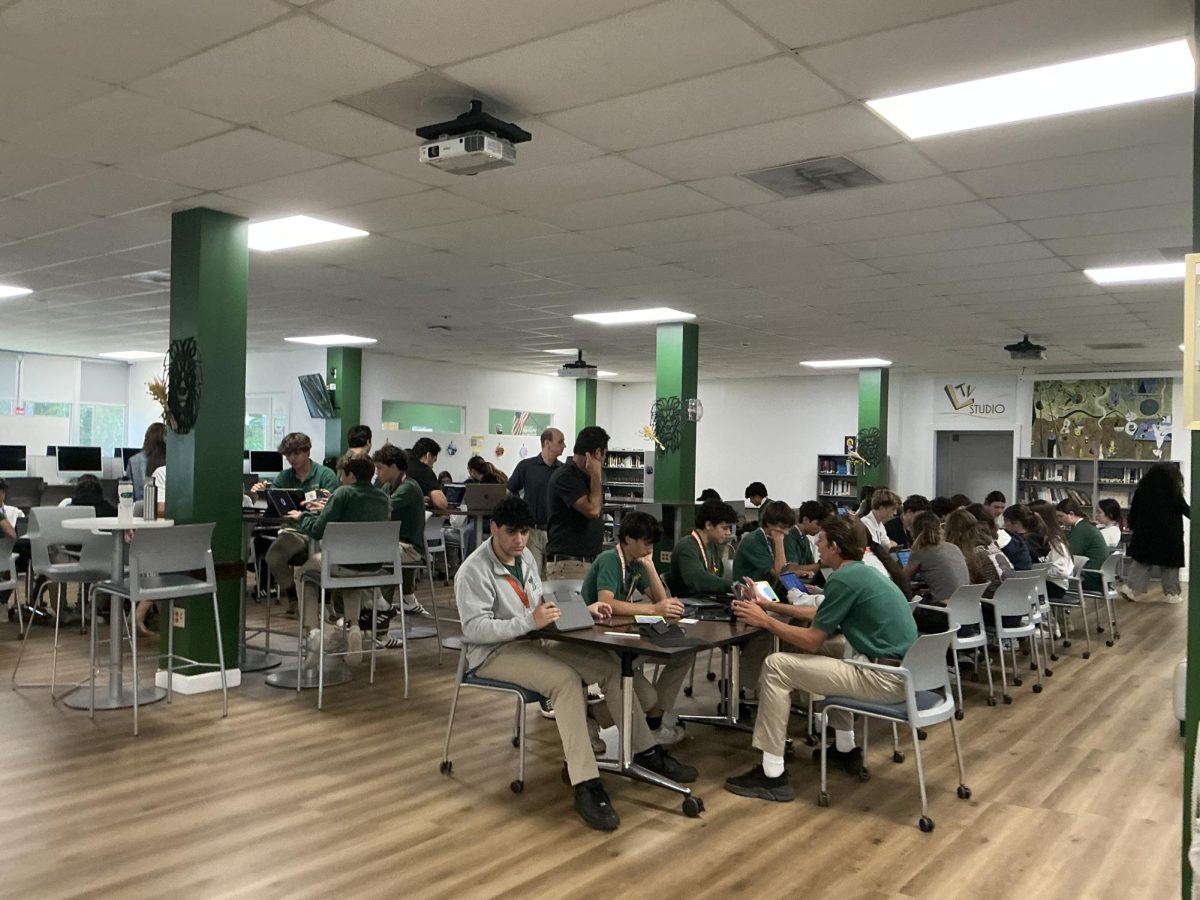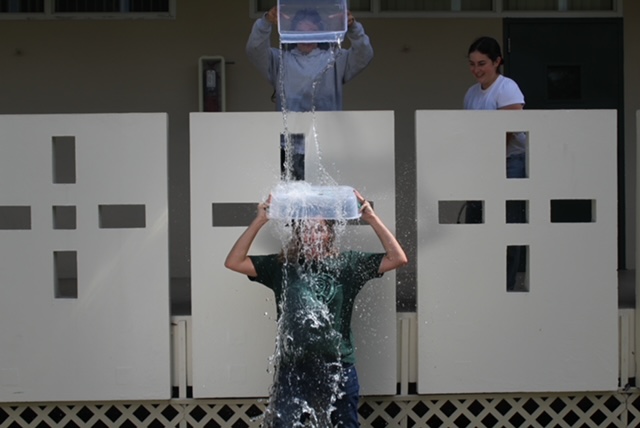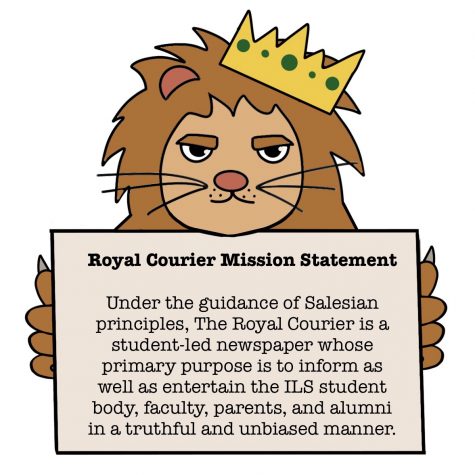Have we Seen this Before?
Picture from a Ukrainian civilian of one of the many attacks by Russian forces.
April 12, 2022
Since Russia launched a full-scale military invasion into Ukraine on February 24, 2022, the Office of the UN High Commissioner for Human Rights (OHCHR) recorded 4,450 civilian casualties in the country: 1,892 killed and 2,558 injured, and millions have fled to neighboring countries. As of a few days ago, the BBC reported that there are over 9 million Ukrainians who have been displaced with 4.3 million in neighboring countries, and another 6.5 million “internally displaced.”
In December of 2021, video from a variety of sources such as social media posts and publicly released footage showed armor, missiles, and other weaponry traveling into Ukraine. By January, there were at least 150,000 Russian troops on the border with Ukraine.
Civilians all over Ukraine are fighting for their lives. Particularly in the eastern half of the country, those who cannot find shelter or evacuate are left to risk their lives on the streets.
The most affected urban area is Kharkiv, which is Ukraine’s second largest city. According to Article 3 of the 1949 Geneva Convention, the basis for humanitarian law during war, the Russian attacks of Kharkiv civilians is a war crime.
On April 8, a Kramatorsk railway station was destroyed by missiles, which resulted in dozens of casualties and more than 100 injuries. Local authorities have reported that at least four children have died. On one of the missiles that landed near the scene, the words “За детей” (“for the children”) was found.
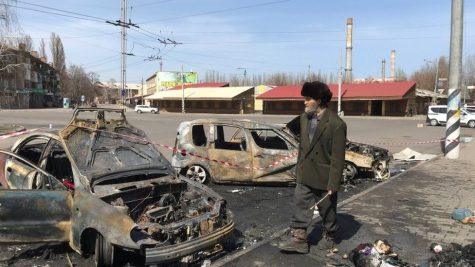
On April 7, three evacuation trains were stuck after a railway in Barvinkove was bombed. After many hours and an extreme amount of both emotional and physical strain, the trains were able to get moving.
At ILS, Mr. JC Moya, who teaches English and International Relations teacher, and is also a coach of the ILS Debate Team, sat down for the Royal Courier to address the situation.
Q: How does what is going on in Ukraine remind you of any other historical events in the past?
A: “I think it’s easy to see the similarities between the Russian invasion of Ukraine and the German invasion of Poland in 1939, because of the ethno-nationalism that seem to be at the center of Putin’s rhetoric. However, the type of warfare and massive targeting of civilians, are much more reflective of the warfare that Russia has been conducting since the invasion of Chechnya in 1994.”
Q: Is there anything we can do, as Americans, to help Ukrainians in any way?
A: “We need to stay united and pressure our leaders to commit to doing everything that we can to support the Ukrainians. Stay informed! I can’t emphasize this enough. I don’t think that we should send our own troops to Ukraine; that would most likely lead to a myriad of unintended consequences. As it is, the long term repercussions of the war will be felt globally.”
Q: In your opinion, which country do you think would have the most power in stopping the mass killings, concentration camps, etc?
“The country with the most power to stop Russia is Ukraine. Provided that the Western allies (EU, USA and NATO) continue to be united, and provide Ukraine with the supplies and support that they need, Ukrainians will be the ones to secure their democratic future. It’s important to note, that democracy and freedom are at stake around the world. If Ukraine wins this war, it will show the world that people can choose freedom and self-determination over authoritarianism and dictatorship. Russia is a fairly weak country.”
Mr. Moya also points out that, in the case of Ukraine and Russia, there is a clear right and wrong. It’s not a time to choose sides or create false equivalencies.
Right now we need to stand United as a country against the Russian government. Many people, including myself, when learning about the Holocaust in all of its horror, wonder “Where was everyone else?” The conflict is very reminiscent of the beginnings of WWII in my opinion, and the stages of genocide are very quickly starting to show. Remember to donate as much as you can to reputable sources and charities, and stay informed!


